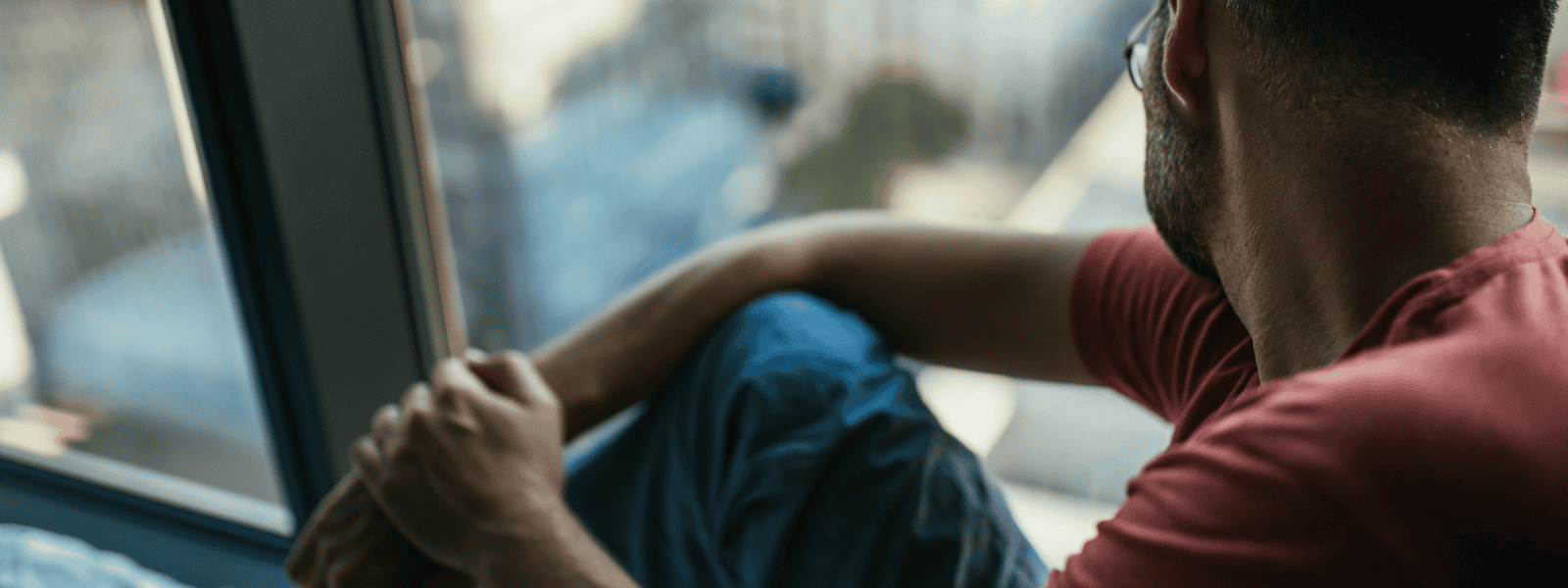Cognitive Recovery After a Brain Injury: How LearningRx Partners with TBI Survivors
The journey to recovery after a brain injury can be an overwhelming and uncertain path. Many survivors are told that their cognitive function may not improve significantly, or they are advised to “wait and see” if time brings healing. But at LearningRx, we believe in taking a proactive approach to cognitive recovery. By focusing on rebuilding and strengthening cognitive skills, we empower brain injury survivors to regain independence, confidence, and a better quality of life.*
Here’s how we partner with survivors and their families to support their recovery journey.
1. Understanding the Role of Cognitive Skills in Recovery
Cognitive skills—like memory, attention, and reasoning—are the foundation for everyday functioning. After a brain injury, these skills can be compromised, making it difficult to perform even routine tasks.
The LearningRx Approach:
- Targeted Brain Training: Our programs are designed to target and strengthen specific cognitive skills that are vital for regaining cognitive fitness. Whether it’s improving memory recall or enhancing problem-solving abilities, we focus on the areas most affected by the injury.
- Personalized Training Plans: Every brain injury is unique, and so is each person’s recovery process. We create a customized training plan tailored to the individual’s specific cognitive needs and goals.
2. Moving Beyond the “Wait and See” Approach
The traditional approach to brain injury recovery often involves waiting to see if cognitive functions will improve naturally over time. While some recovery may happen spontaneously, many survivors and their families want to be more proactive in accelerating progress.
The LearningRx Difference:
- Active Participation in Recovery: Our brain training programs provide structured, engaging activities that actively work on improving cognitive functions, rather than passively waiting for recovery.
- Empowering Survivors: By taking control of their recovery, survivors can feel more empowered and hopeful, knowing they are actively working towards better cognitive health.
3. Rebuilding Confidence and Independence
A brain injury can shake a person’s confidence, making them feel dependent on others for basic tasks. The loss of independence can be one of the most challenging aspects of recovery.
How Building Cognitive Skills Helps:
- Boosting Confidence through Achievement: As survivors see tangible improvements in their cognitive skills, their confidence grows. They gain a renewed sense of capability and self-assurance.
- Fostering Independence: Strengthening cognitive skills helps survivors handle daily tasks more efficiently, reducing reliance on others and promoting a return to independent living.
In studies and surveys of past clients, individuals with brain injuries have reported improvements in IQ, cognitive skills, outlook on life, mood, social skills, school/work performance, and life skills. While individual outcomes may vary, we’d love to hear your story and share how brain training might be a good fit!
4. Comprehensive Support for Families
The impact of a brain injury extends beyond the survivor; it affects the entire family. Caregivers often face the challenge of supporting their loved ones while managing their own emotional and physical well-being. LearningRx has a family-centered approach to keep caregivers and loved ones informed about progress every step of the way!
5. Building a Better Future: Life After Brain Training
Recovery from a brain injury doesn’t mean returning to exactly how things were before. It’s about building a new future with the skills and confidence to tackle life’s challenges. The cognitive improvements gained through brain training provide survivors with lasting tools that continue to benefit them long after the training is complete.
Why Choose Brain Training as Part of Your Cognitive Recovery?
At LearningRx, our brain training programs offer a proactive, science-based approach to help brain injury survivors rebuild their cognitive skills and regain control of their recovery’s trajectory. If you or a loved one is seeking a path to independence and confidence after a brain injury, we’re here to help!
*Results from studies and surveys of past clients. Individual outcomes may vary.







